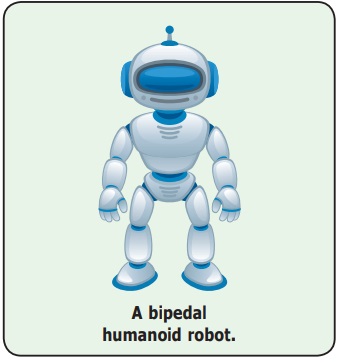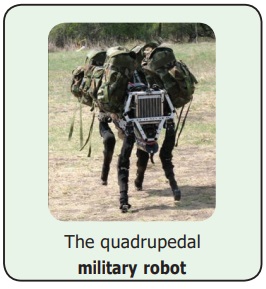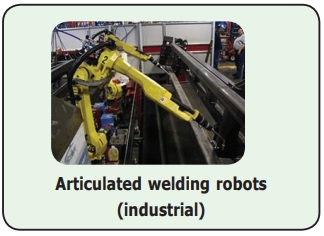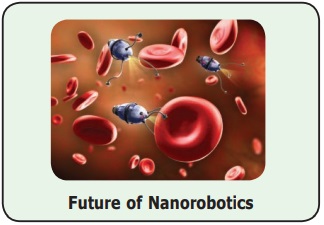Forces and Motion | Term 1 Unit 2 | 6th Science - Science Today - Robot | 6th Science : Term 1 Unit 2 : Forces and Motion
Chapter: 6th Science : Term 1 Unit 2 : Forces and Motion
Science Today - Robot
Science Today - Robot

Robots are
automatic machines. Some robots can perform mechanical and repetitive jobs
faster, more accurately than people. Robots can also handle dangerous materials
and explore distant planets. The term comes from a czech word, ‘robota’ meaning
‘forced labour’. Robotics is the science and study of robots.
What Can Robots Do?
Robots can sense
and respond to their surroundings. They can handle delicate objects or apply
great force-for example, to perform eye operations guided by a human surgeon,
or to assemble a car. With artificial intelligence, robots will also be
able to make decisions for themselves.
How Do Robots Sense?

Electronic sensors
are a robot’s eyes and ears. Twin video cameras give the robot a 3-D view of
the world. Microphones detect sounds. Pressure sensors give the robot a sense
of touch, to judge how hard to grip an egg. Heavy luggage built-in computers
send and receive information with radio waves.
Artificial Intelligence
Artificial
intelligence attempts to create computer programs that think like human brains.
Current research has not achieved this, but some computers can be programmed to
recognize faces in a crowd.
Can Robots Think?

Robots can think.
They can play complex games, such as chess, better than human beings. But will
a robot ever know that it is thinking? Humans are conscious-we know we are
thinking-but we don’t know how consciousness works. We don’t know if Robots can
ever be conscious.
Nanorobotics

Nano-robots or
nanobots are robots scaled down to microscopic size in order to put them into
very small spaces to perform a function. Future nanobots could be placed in the
blood stream to perform surgical procedures that are too delicate or too
difficult for standard surgery. Imagine if a nanobot could target cancer cells
and destroy them without touching healthy cells nearby.
Related Topics